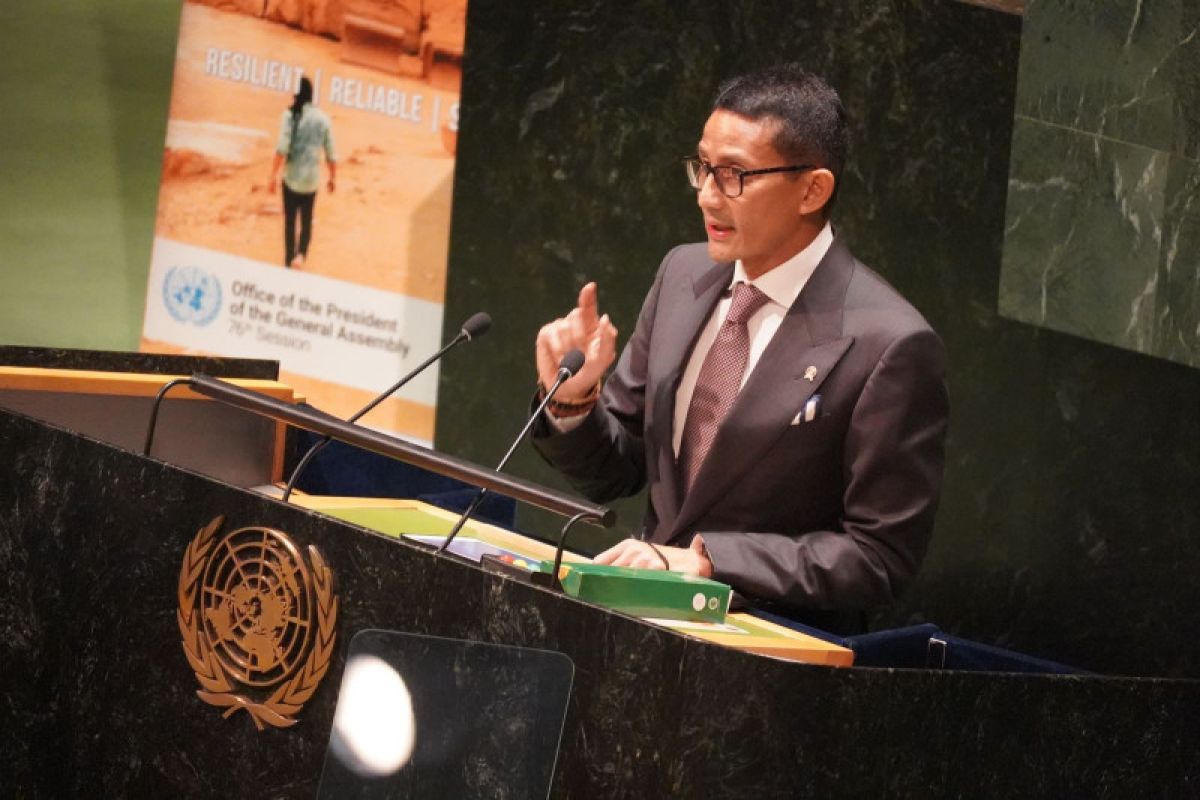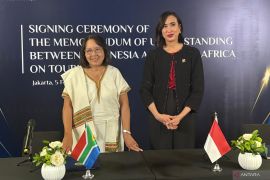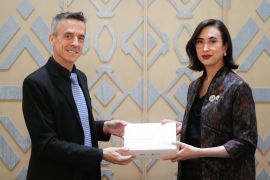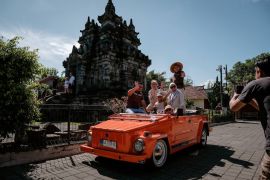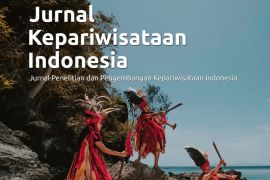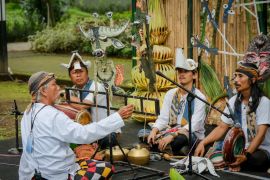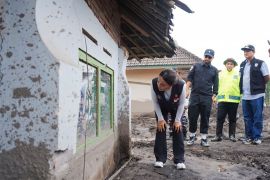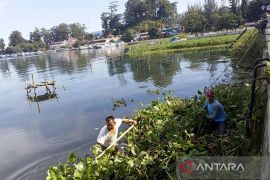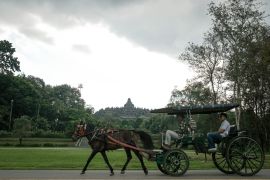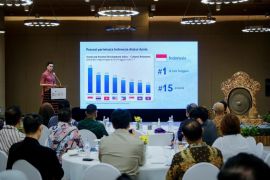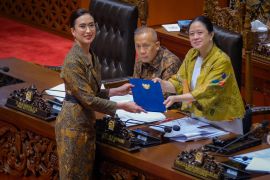Realizing this will necessitate the adoption of an approach with measurable goals and comparable metrics by stakeholders from the private sector, he noted in a press statement issued on Thursday.
"These components are very important for the long-term reformation and accountability of sustainable tourism," he said after the High-Level Thematic Debate on Tourism, held at the United Nations General Assembly Hall, New York, United States.
Moreover, related stakeholders must have an integrated understanding of the definition of sustainable tourism and consider millennials and generation Z not only tourists, but also investors.
To this end, involvement with demographics within sustainable tourism is deemed necessary.
Another method is bolstering the people's role as agents of tourism transformation in order to build a resilient and sustainable tourism sector through programs such as the Tourist Village.
"With the Tourist Village program, we integrate local accommodation as well as appeal, and it complements one another under the coordination of the village governments packaged with local wisdom," Uno said.
The program is expected to improve villagers' prosperity, such as at Penglipuran Tourist Village, Bali, which earned more than US$1.45 million in revenue in 2020.
The third method to ensure a resilient tourism sector is to safely ensure the sustainability of the people's mobility during the COVID-19 pandemic and post-pandemic periods, the minister informed.
"Within this context, we need to further discuss how we can align the health protocol standard for cross-border travel," the minister noted.
Before the event, Uno visited the Indonesian restaurant Awang Kitchen on Queens Boulevard, New York, and promoted Indonesian culinary arts.
Related news: Lake Toba: Ministry to enlist tourist support for sustainable tourism
Related news: Vice minister underscores importance of waste handling for tourism
Translator: M Baqir Alatas, Fadhli Ruhman
Editor: Suharto
Copyright © ANTARA 2022
